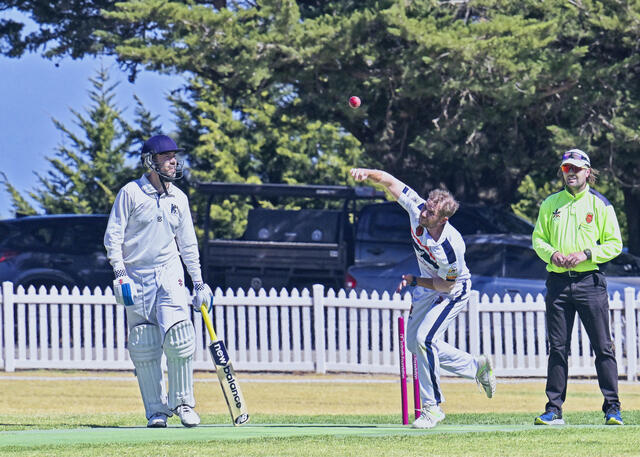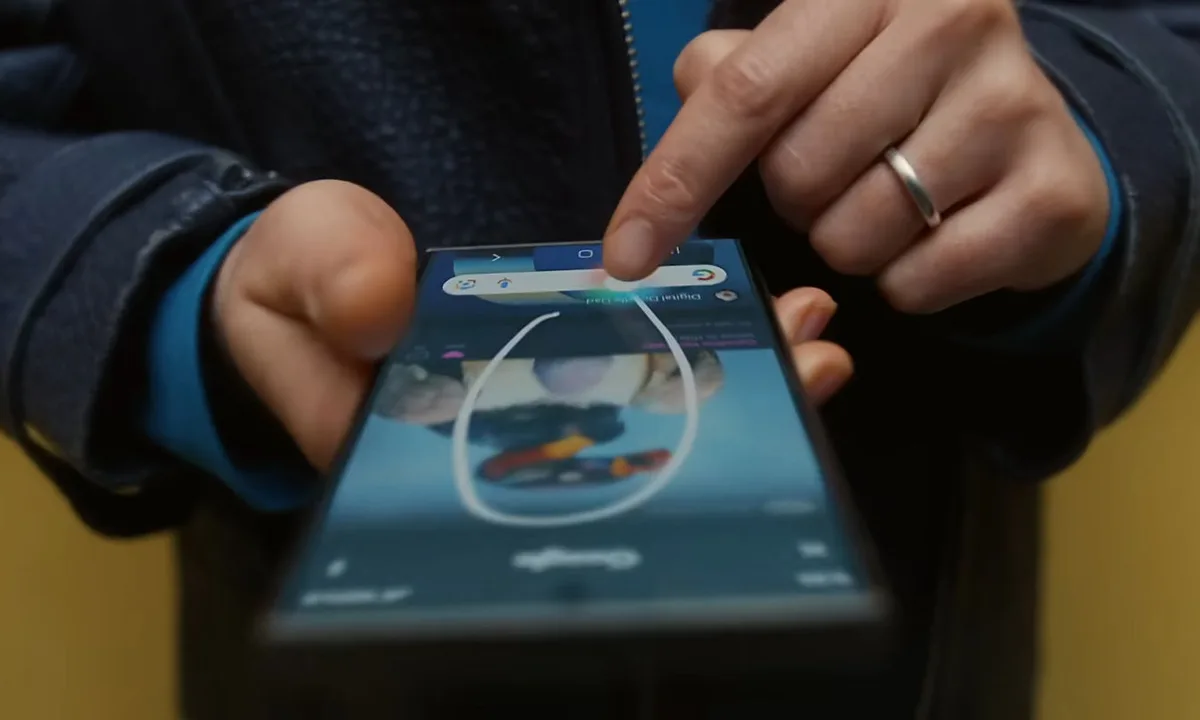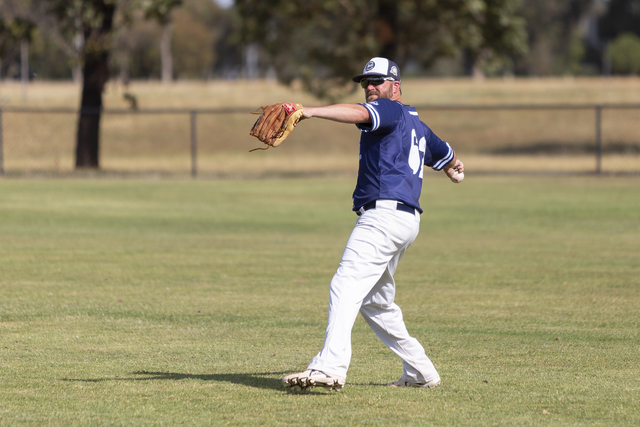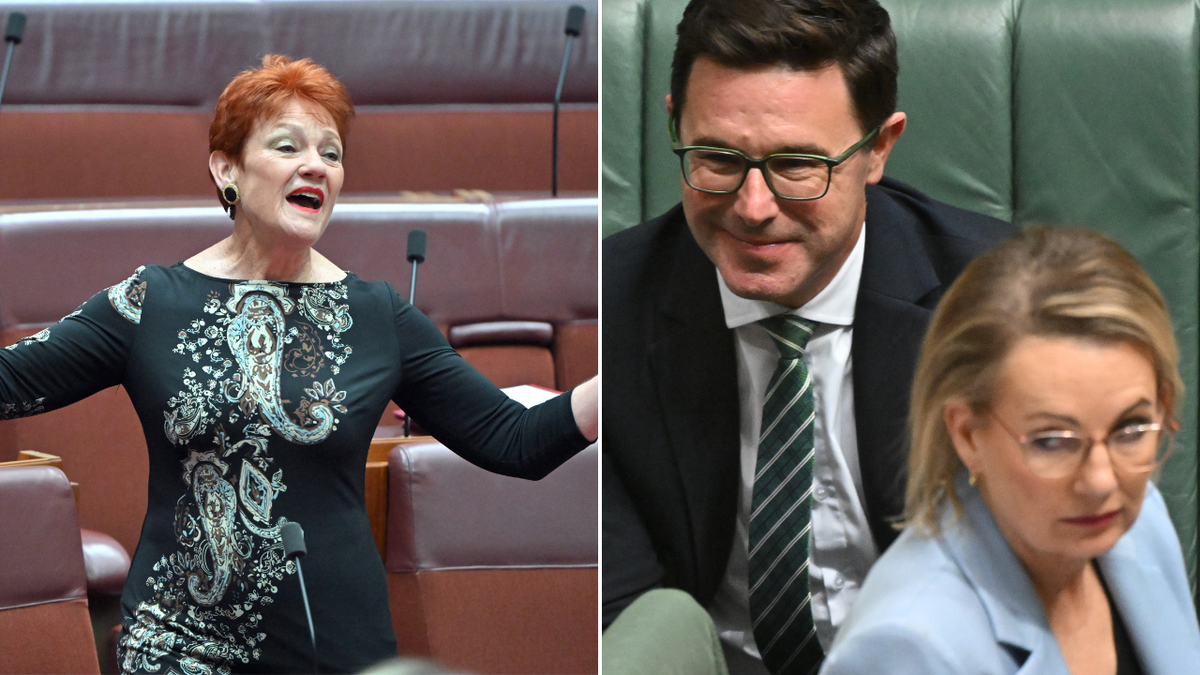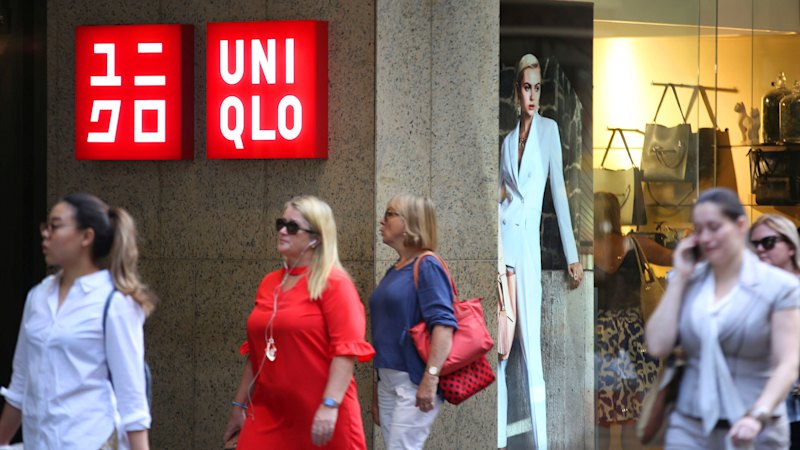
Uniqlo, the Japanese fashion retailer, has emerged as a leading choice for Australians seeking wardrobe basics, with local sales approaching $1 billion. The company reported a remarkable 19.4 percent increase in sales, reaching $817.1 million for the year ending August 31. Additionally, net profit soared by 27 percent to $87.1 million, reflecting its resilience against competitive pressures in the fashion industry.
The figures highlight Uniqlo’s growing presence in the Australian market, nearing the sales of sportswear giant Nike, which reported $891.2 million in fiscal 2025. Moreover, Uniqlo outperformed local retailers such as Peter Alexander, which recorded sales of $548 million despite having significantly more stores.
Resilience Against Fast Fashion
Uniqlo’s solid performance contrasts sharply with the challenges faced by fast fashion competitors like Shein and Temu. This trend indicates a shift towards more sustainable consumption practices. “Uniqlo positions itself as a modern essentials brand, focusing on functional minimalism,” explained Dr. Marian Makkar, a senior marketing lecturer at RMIT University. The brand emphasizes timeless, versatile basics that cater to everyday needs, diverging from the fleeting trends characteristic of fast fashion.
By prioritizing quality over the rapid turnover of seasonal items, Uniqlo has built a dependable brand identity. Dr. Makkar noted that the retailer has established a strong trust with its customers through consistency in its offerings. “They don’t fluctuate with trends but maintain a steady, reliable promise in their branding,” she added.
The pandemic has further accelerated shifts in consumer preferences toward comfortable clothing, benefiting brands like Uniqlo. Their range of wardrobe staples, which includes denim, workwear, and outerwear, appeals to a broad demographic, making the clothing adaptable across age, gender, and culture.
Popular Offerings and Collaborations
Among the most sought-after items in Australia are Uniqlo’s core T-shirt collections, particularly the AIRism moisture-wicking oversized tee and the U crew neck T-shirt. The brand’s recent collaborations have also captured attention. British designer Clare Waight Keller’s sweatpants and hoodies align with current fashion trends, while the partnership with luxury label JW Anderson produced popular pieces like a cropped oxford shirt and unisex barrel-leg pants.
A Uniqlo spokesperson expressed gratitude for the positive reception of these products, stating, “We listen to the needs of our customers and perfect each garment based on their feedback. This is integral to our product development process.”
Additionally, the Round Mini Shoulder bag has gained viral popularity, selling out multiple times and leading to requests for new colors, earning it the nickname “Mary Poppins bag.”
Founded in 1949 in Ube, Japan, Uniqlo began as a “Unique Clothing Warehouse.” The company’s chairman and chief executive, Tadashi Yanai, leads the parent organization, Fast Retailing Co, valued at approximately $182 billion on the Tokyo Stock Exchange.
Uniqlo opened its first Australian store in April 2014 in Emporium Melbourne. Following recent renovations, this location is set to reopen on November 27, 2023, featuring a customization station for tees and totes. Over the past decade, the retailer has expanded to more than 40 stores across Australia, with plans for further growth.
Uniqlo’s leadership has consistently resisted being categorized as a fast fashion brand, opting instead to highlight timelessness and durability in their offerings. “Rather than seeking speed, we seek perfection,” noted Yuki Katsuta, Uniqlo’s head of global research and development.
The brand’s in-store design emphasizes cleanliness, simplicity, and organization, contrasting with the cluttered merchandising approach of many competitors. Dr. Makkar described Uniqlo’s strategy as “quiet and slow,” focusing on product quality and delivering value to consumers.
Uniqlo’s commitment to timelessness resonates with increasing global concerns about sustainability. Movements encouraging mindful consumption, led by social media influencers known as “de-influencers,” promote the idea of buying less but better. Dr. Makkar remarked, “There’s an anti-fast fashion movement on the rise,” highlighting a growing consumer desire for more responsible purchasing habits.
As Uniqlo continues to thrive in Australia, its approach reflects broader shifts in consumer behavior, showcasing a potential future for the fashion industry where quality and sustainability take precedence over rapid consumption patterns.
